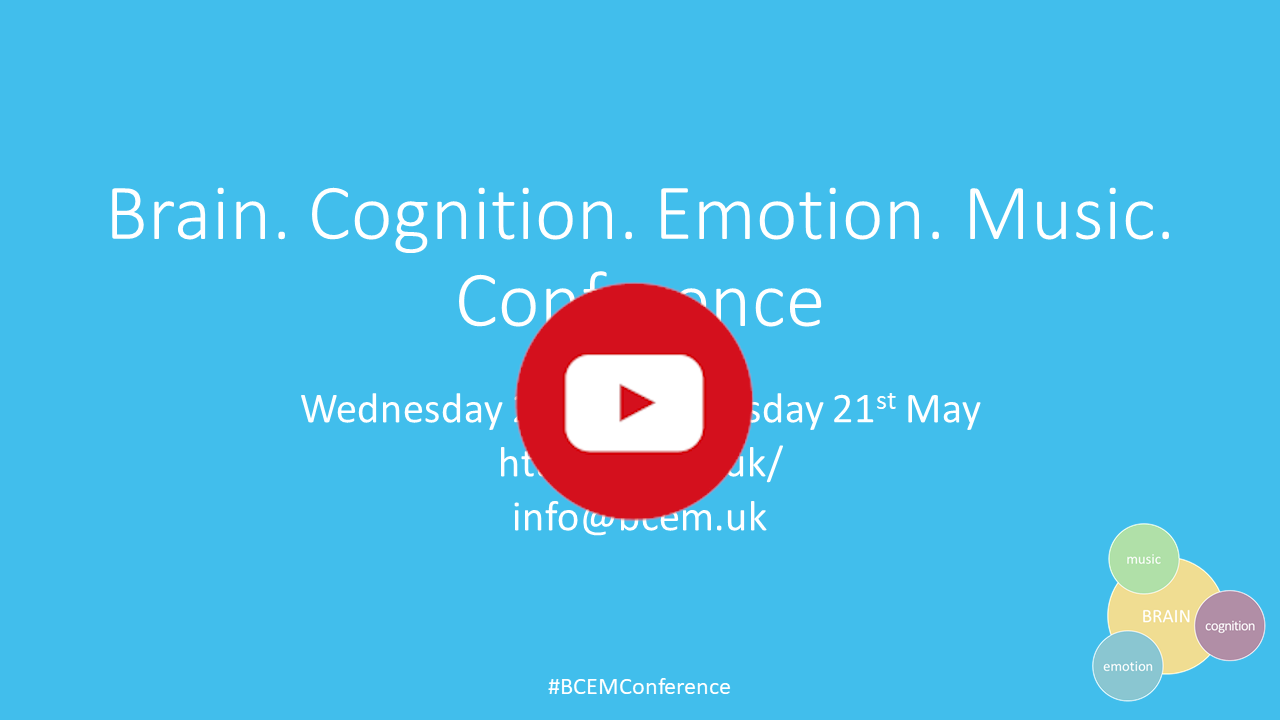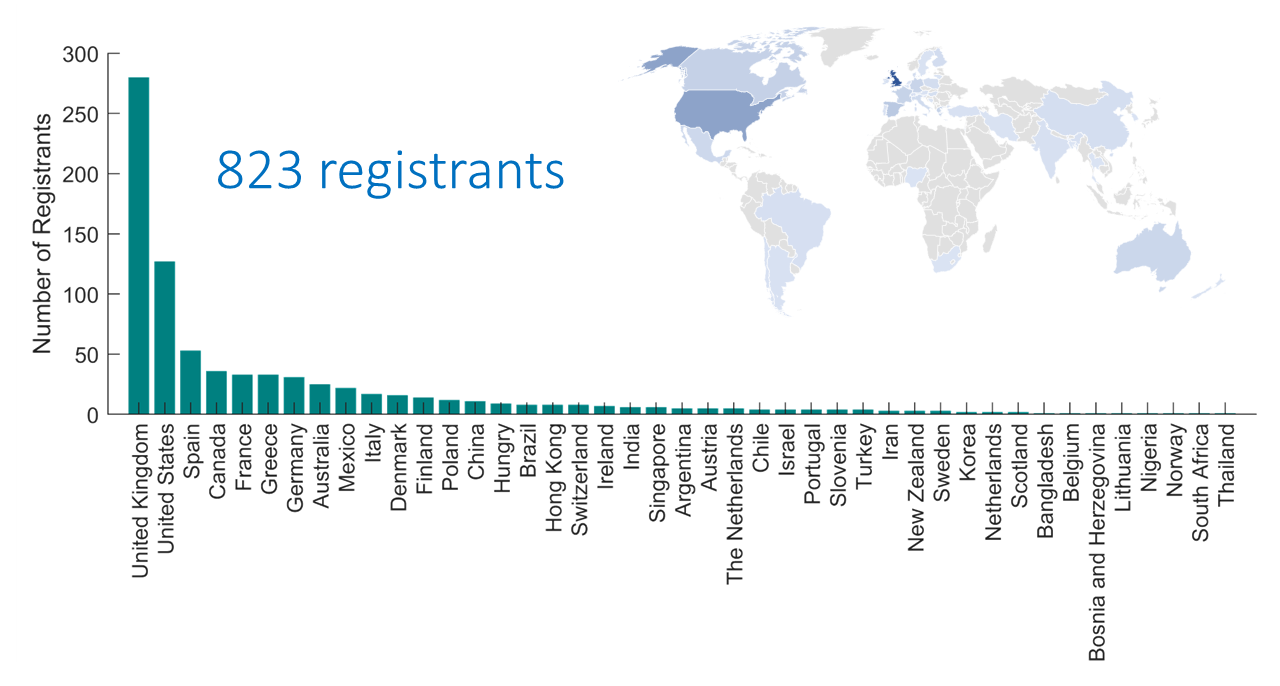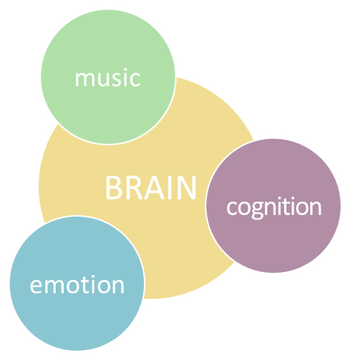BCEM - the quartet with a missing link
|
Undeniably music induces emotions, motivating research and theories in several domains of psychology, including social, cognitive, and cognitive neuroscience. For instance, social psychology suggests enjoying music (even if the music is negatively valenced) involves cognitive functions such as self-regulation and recognition of social roles, as well as emotional states such as nostalgia. Meanwhile, cognitive research implies music-induced emotions relate to processes such as employment of music syntax, memory, and prediction. Cognitive neuroscience associates particular brain regions, including the inferior frontal gyrus (IFG) and orbitofrontal cortex (OFC) to processing of musical features and music-evoked emotions. However, the link among all four (Brain, Cognition, Emotions, and Music) is less clear, and understanding music’s induction of emotions can be examined via multidisciplinary theories in psychology and musicology.
|
Programme
Schedule & Oral PresentationsThe conference will happen on two days: afternoon of Wednesday May 20th, and morning and afternoon of Thursday May 21st (British Summer Time). There are five main sessions that include a talk by one of the invited speakers followed by shorter talks. We are going to have a Discussion Panel at the end of the second day including all the invited speakers for a bigger discussion around the topic.
|
Poster PresentationsWe will have a poster presentation session consisting of about 60 posters on the afternoon of the first day of the conference (Wednesday May 20th, British Summer Time). This session is going to be 45 minutes. The posters will be accessible for review on Open Science Framework (OSF) website. Posters are classified into four groups for ease of search.
|
|
School of Psychology
University of Kent Canterbury CT2 7NP |
|
Organisers
|
Contact Us:
|









